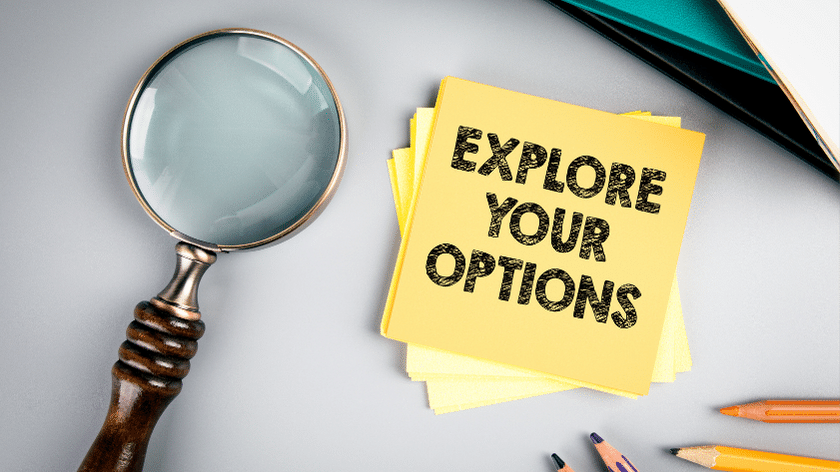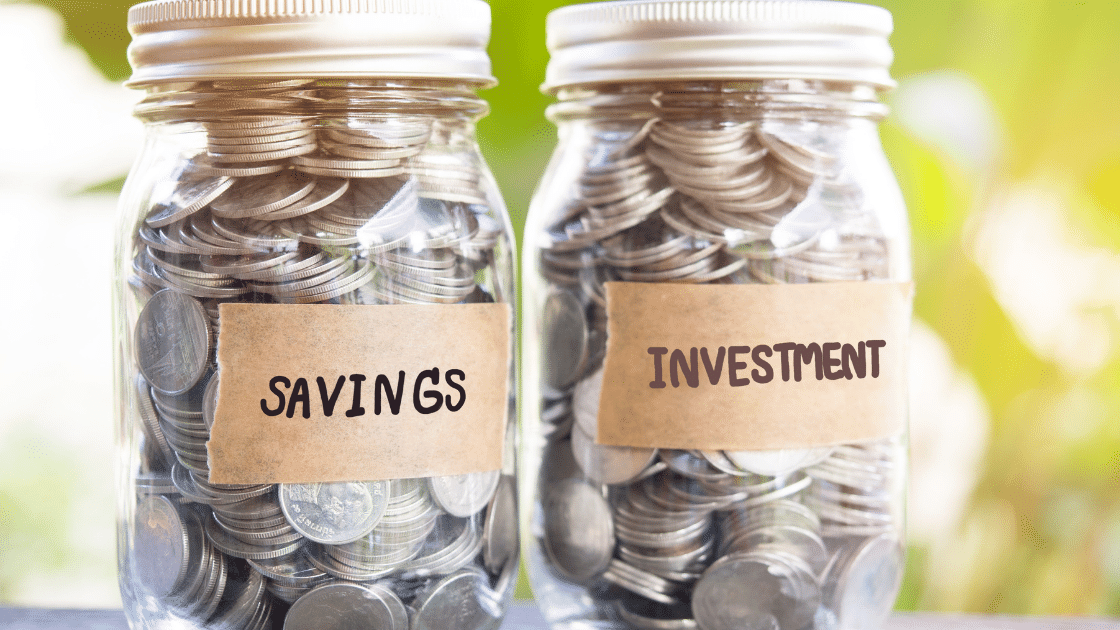Understanding The True Cost of Your Financial Choices

In the age of consumerism we live in, it becomes more important than ever to fully grasp the true cost of our financial choices. These choices, whether they are big or small, each come with an opportunity cost. This often overlooked cost is what we sacrifice when we make the decision to spend our hard-earned money on non-essential items.
If you're a millennial like me, you've likely heard that dining out or your costly coffee habit is the reason you feel financially strapped. Although this statement is somewhat dramatic, there's a grain of truth to it. I'm not suggesting you should never treat yourself to a meal out or a pricey coffee, but it's surprising how quickly these small, seemingly insignificant purchases accumulate over time.
Consider all your non-essential spending. The more you spend, the more you need to work to cover your expenses. This usually leads to an increase in lifestyle (known as lifestyle creep), which in turn leads to more spending, and the need to work even more. It's a vicious cycle many households fall into. Worst of all, some people fund this lifestyle with credit cards, sinking themselves into debt.
The impact of our financial decisions isn't limited to small purchases. Larger financial commitments, such as high-interest loans, can significantly reduce the money available for other necessary expenses or for saving. These types of financial decisions can have long-term effects, leaving less room for savings and impacting our financial stability.
The habit of indulging in non-essential purchases on a regular basis can also lead to lifestyle creep. This phenomenon occurs when our living standards increase to match a rise in income, leaving little to no room for savings or investments.
To counter these effects, it's crucial to develop a budget and adhere to it. Budgeting aids in curbing unnecessary spending and increasing savings, fostering a sense of financial stability. Alongside budgeting, financial literacy plays a major role. Having the knowledge and tools to make informed financial decisions is a long journey towards financial freedom. It requires patience, discipline, and consistency, but the effort is certainly worthwhile.
Improving financial habits is not a one-time event, but a continuous process. One effective method is to start tracking your expenses. By doing this, you can create a clear picture of your spending habits and identify areas where you can make cutbacks. This will also help you to understand where your money goes and how you can better manage it.
Setting financial goals, such as saving for a vacation, building an emergency fund, or planning for retirement, can serve as a strong motivator to stick to your budget and make smarter financial decisions. It's important to remember that it's okay to enjoy your money responsibly. Rewarding yourself within the limits of your budget can serve as a positive reinforcement, motivating you to maintain good financial habits.
Achieving financial freedom doesn't necessarily mean accumulating a large amount of wealth. Rather, it means having enough savings, investments, and cash on hand to live the lifestyle you desire and to withstand life's unpredictability without falling into debt.
This goal requires a solid financial foundation, which starts with building an emergency fund that ideally covers three to six months' worth of living expenses. This provides a safety net for unexpected expenses and offers peace of mind.
Eliminating high-interest debts as quickly as possible is another crucial step towards financial freedom. These debts drain money from your pocket due to compound interest, slowing down your journey towards financial independence. Investing, even small, regular amounts, is key to achieving financial freedom. It allows you to grow your wealth over time and take advantage of the power of compound interest.
Education plays a significant role in financial success. The more knowledge you have about personal finance, the easier it is to make wise financial decisions. There are numerous resources available, including books, online courses, podcasts, and blogs, that can provide valuable insights into managing your personal finances.
Understanding the true cost of your financial choices is the first step towards financial freedom. Making informed decisions, setting clear financial goals, and cultivating good money habits will put you on the path towards building your wealth and securing a financially stable future.
The journey towards financial stability and freedom begins with taking control of your finances and consistently working towards your financial goals. While it may not always be easy, it's always worth it in the end. Your future self will thank you.
Looking for more financial tips? Check out:



